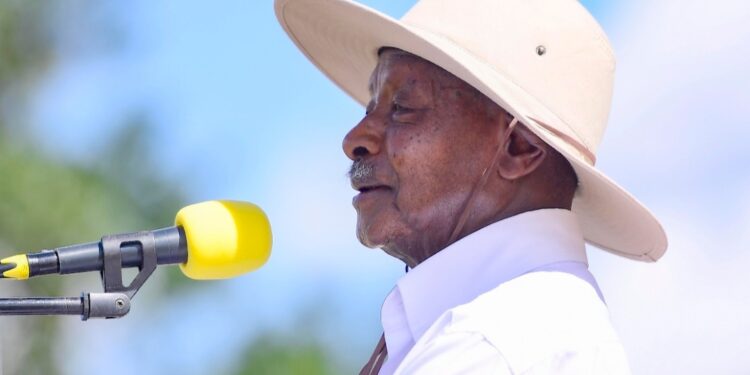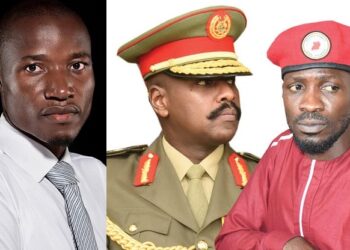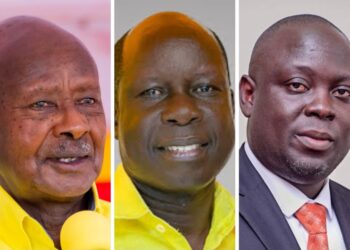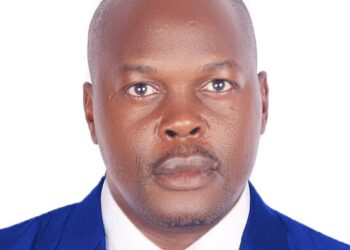The National Resistance Movement recently launched a campaign, “Buganda for Museveni” as an attempt to reclaim the Buganda region politically which seems to have slipped away from their possession.
In the most recent general election, Museveni got 35% compared to his rival Kyagulanyi, who got 62% within the Buganda region. As we head for another election in 2026, the NRM wants to overturn these figures in its favour, but is it achievable?
Buganda region, sometimes referred to as the Central region, is the most populated amongst all other regions with about 13 million people, contributing about 60% of the country’s GDP, attributed to the many industries, and also harboring the country’s Central Business District.
In the past, Museveni was enjoying immense support from Buganda, more so after the restoration of the Kingdoms, which made him popular across the whole country in 1993, but now he has had an inconsistent relationship with the region for nearly 2 decades.
However, there seems now to be a downward shift in support attributed to several reasons such as the current dynamics, changing political strategies, and alleged poor service delivery.
To start with, the former legislator and current state minister for energy, Ruth Nankabirwa together with other party diehards held a massive rally to kick-start the Buganda for Museveni campaign where they pointed out major failures by the opposition that it has done no good in this term and thus calling on the masses to once more support Museveni who has vision for a better Uganda.
Whether Museveni can win back Buganda or not, depends on the strategies he has put in place for him to realize this objective, and some tremendous challenges need to be addressed.
Economically, many people think that Buganda has been left behind despite other areas that seem to have taken off. They say the poverty levels are just increasing with the majority failing to provide basic needs for themselves, leaving them on handouts and petty jobs that don’t guarantee stability.
Politically, persecution of opposition candidates has now become normal, blocking of peaceful demonstrations and unwarranted arrests of the citizens, failure to release political prisoners, all these spark off discontent. Other factors include poor road network, shortage of health facilities in rural areas, government schools in a very bad state, the fluctuating prices for farm produce, high levels of unemployment, and many more.
All in all, Museveni can win back Buganda using pedigree, having been here longer than all his opponents, deploying his grassroots patronage, offering visible projects targeting Buganda problems, and working on restoring the fractured relationship between the state and the region’s cultural hierarchy.
Interestingly, the Patriotic League of Uganda can play a major role in guiding the youth behind Museveni because of its charismatic leadership.
Museveni faces a growing and fast-paced opposition, with dynamic strategies, political demands, and massive exposure of government failures across the globe.
In summary, Museveni can win back Buganda with careful strategizing and a follow-up on the programs or promises that may have been made, but this is far from being achieved.
Do you have a story in your community or an opinion to share with us: Email us at editorial@watchdoguganda.com













